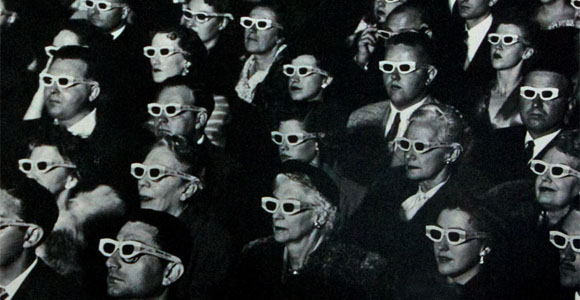We have all felt that frustration. It doesn't load fast enough. It doesn't have a way for me to do "this". If it just had "this" one feature, then it would be perfect. Smith questions if it will ever be enough, "I can just about imagine a time when Facebook will seem as comically obsolete as LiveJournal."
But will it ever be enough? Not for the generation or even humanity in general. But for Smith?
I can agree with Smith that technology has a long way to go in living up to the beauty of the human race.
However, in the process of trying to point some of the current holes in our relationship with technology, she ends up dehumanizing the very people she is trying to save. And that is an even bigger shame, for me, than her disdain for Facebook.
She divides us (and by us, I mean humans) into two categories. In the case of The Social Network, she explains it like this, it was a "movie about 2.0 people made by 1.0 people".
But she doesn't stop there. Almost everything she says about the new generation is coated not just in cynicism for the tech but a disrespect for everyone who has chosen differently that her. Descriptors like"overporgrammed, furious, lonely" are like daggers in the back of those disagree with her.
What does that say about her? She has a lot to say about tech. And I can't say I disagree with all of it. In fact, I agree with a lot of it. But I can't agree with her tactics. I can't agree with her anger. I can't believe that is really where the solution is.
The 2.0's, the 1.0's, the 1.5's and the 3.0's to come need to work together if anything is to move forward -- in any direction.






